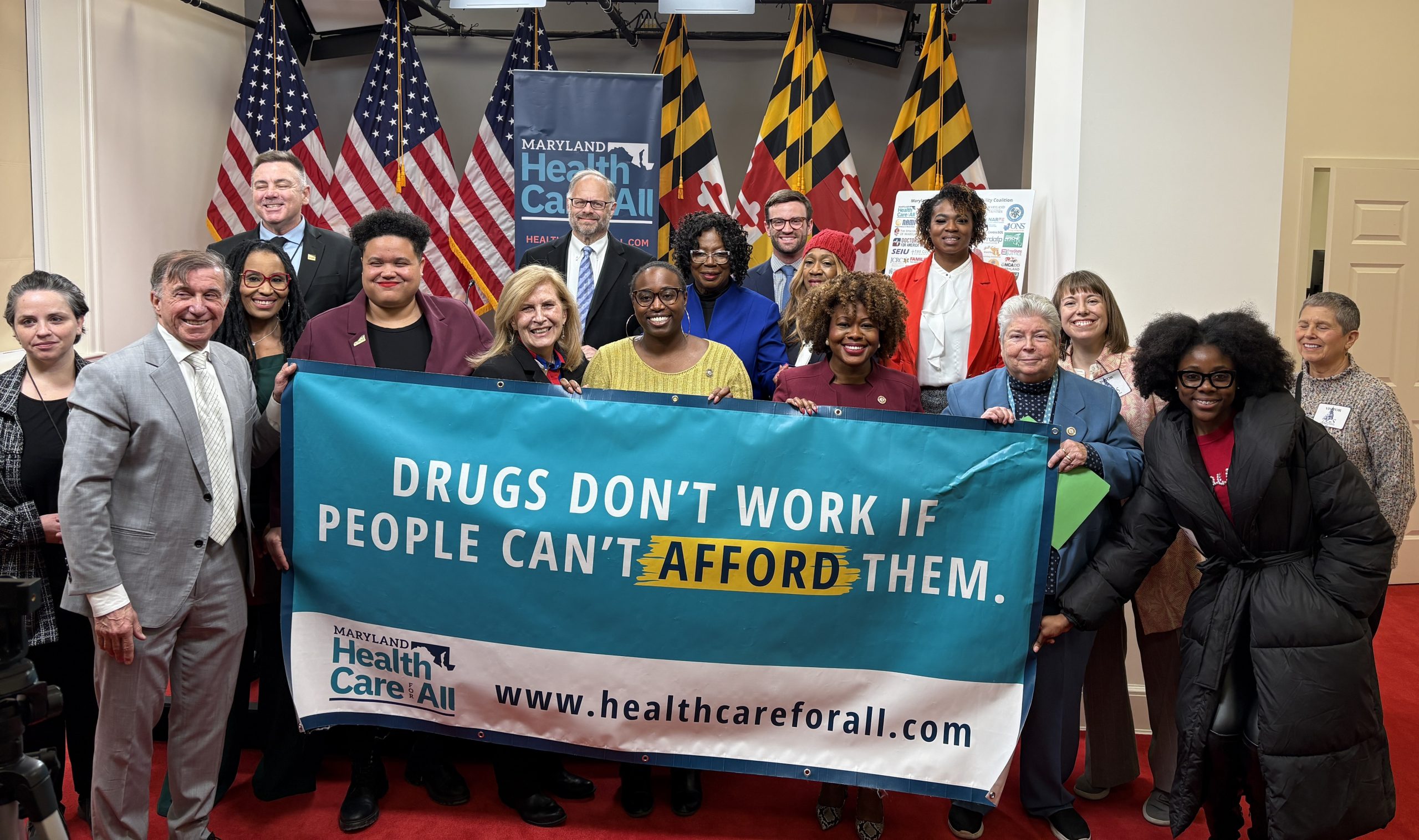WYPR
August 2, 2017
Rachel Baye
The General Assembly created a commission in the spring to protect Marylanders’ health insurance coverage from changes to the Affordable Care Act or Medicaid funding. The commission met for the first time Tuesday, and even though Republican efforts to repeal the Affordable Care Act failed in Congress last week, state lawmakers were far from relieved.
The meeting was initially scheduled for after Congress voted on changes to the Affordable Care Act so that the commission members would presumably know what they were up against. Instead, the members faced uncertainty.
“Now we know that it’s chaos — we’re constantly being threatened — so we have to be vigilant,” said Del. Joselina Peña-Melnyk, one of the commission’s co-chairs.
One of the biggest questions is whether President Donald Trump’s administration will continue subsidizing insurance companies to help lower costs for low-income earners, said Deputy Attorney General Carolyn Quattrocki, who previously ran Maryland’s Health Benefit Exchange.
“Even the uncertainty creates issues, and the actual withholding of those payments would be quite devastating,” she said.
Insurers have warned that without the subsidies, they will raise rates significantly.
To counter the uncertainty surrounding the future of the subsidies, some states have asked insurers to submit two rate proposals, one with the subsidies and one without, Quattrocki said. She suggested Maryland consider doing the same.
Also unclear is whether the federal government will enforce the Affordable Care Act’s “individual mandate,” the requirement that individuals buy health insurance, a staple of the law.
“Currently the IRS is accepting [tax] returns without the attestation that people have insurance,” Quattrocki told the commission. “Through regulation, they could allow more exceptions to the mandate, which would be problematic.”
Quattrocki said this particular uncertainty was behind 40 percent of one Maryland insurer’s requested rate hike.
She also warned that if these issues aren’t resolved, people would likely lose their health insurance.
Last modified: August 3, 2017



